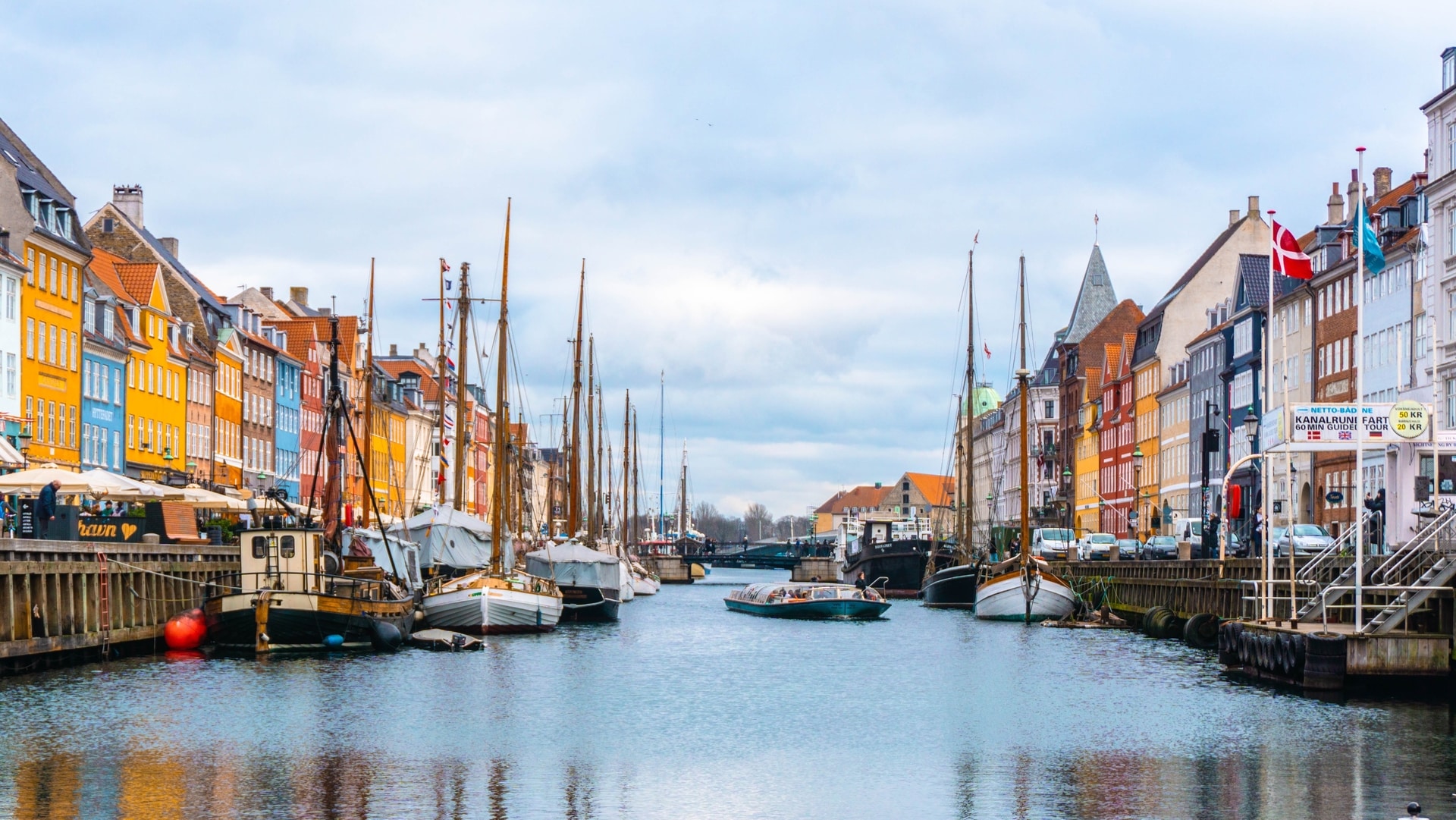
Did Virgin Atlantic just fly the world’s first green flight?


This week, Virgin Atlantic took founder Richard Branson on a London-to-New York joyride in a first for commercial airlines: The plane flew on a diet of exclusively Sustainable Aviation Fuel, also called SAF. Previously, airlines were forced to cap their fuel mixture at 50 percent SAF, and Virgin needed to get special permission for the trans-Atlantic flight.
There weren’t any paying passengers on the flight, but Branson’s guests included Mark Harper, the UK’s transport secretary. “Today’s 100 percent SAF-powered flight shows how we can decarbonise transport both now and in the future, cutting lifecycle emissions by 70 percent and inspiring the next generation of solutions,” he said, according to The Guardian.
Of course, the flight sparked countless exciting headlines about the world’s first “sustainable” flight, run on old cooking oil, which is obviously huge news. SAF currently makes up less than one percent of all the fuel used in the aviation industry, in large part because there just isn’t enough of it to go around. In order to increase production, airlines need to invest in it, and Branson said he wanted to show that it can be used for safe passage to encourage other airlines to invest more.
“The next step is to see policy change in the UK and US and investment to change that,” Branson wrote in a press release about “Flight100” published on Tuesday.
Is SAF as green as it sounds, or is it just a clever marketing stunt to help people release some of their guilt about flying? Not everyone is convinced that SAF is the answer conscious travelers have been waiting for. Tortoise Media, which focuses on slow and in-depth journalism, wrote after the flight that the venture won’t clean up the sky as much as you might hope it would.
About half of the UK’s farmland would need to be dedicated to producing SAF in order to produce enough of it for the UK’s flying habits alone, according to The Guardian.
“SAF’s promoters say it cuts emissions by 70 per cent relative to jet fuel because its feedstock is renewable,” Tortoise Media wrote. “That takes no account of methane emissions from livestock, unsustainable land use for ethanol, or the fact that SAF creates carbon emissions that could have been avoided if the waste oils were simply disposed of responsibly.”
About half of the UK’s farmland would need to be dedicated to producing SAF in order to produce enough of it for the UK’s flying habits alone, according to The Guardian.
“Real sustainable aviation fuel would have to be pure green hydrogen fed into adapted engines, or green hydrogen combined with CO2 obtained from carbon capture,” Tortoise Media wrote, criticizing Virgin for greenwashing its audience. “But weight for weight, green hydrogen currently costs roughly ten times as much as kerosene.”
The aviation industry, on the other hand, seems convinced SAF is the way forward. According to Skift, which analyzes trends in the travel industry, “SAF is viewed by the aviation industry as something akin to the holy grail of its decarbonization efforts.”
SAF is made from used cooking oil and plant sugars and can halve emissions—or better, Skift wrote. Boeing claims it can reduce lifecycle CO2 emissions by up to 85 percent. The airplane manufacturer recently issued a press release about an initiative with the US government to increase production and use of SAF in Asia-Pacific Economic Cooperative (APEC) member countries.
“Industry studies and data tell us that SAF is essential to meet aviation’s net zero commitment, but we need more of it,” Boeing’s chief sustainability officer, Chris Raymond, said in the release.
The International Civil Aviation Organization aims to get the industry into a net-zero position by 2050.
***
Adventure.com strives to be a low-emissions publication, and we are working to reduce our carbon emissions where possible. Emissions generated by the movements of our staff and contributors are carbon offset through our parent company, Intrepid. You can visit our sustainability page and read our Contributor Impact Guidelines for more information. While we take our commitment to people and planet seriously, we acknowledge that we still have plenty of work to do, and we welcome all feedback and suggestions from our readers. You can contact us anytime at hello@adventure.com. Please allow up to one week for a response.

Kassondra Cloos is a travel journalist from Rhode Island living in London, and Adventure.com's news and gear writer. Her work focuses on slow travel, urban outdoor spaces and human-powered adventure. She has written about kayaking across Scotland, dog sledding in Sweden and road tripping around Mexico. Her latest work appears in The Guardian, Backpacker and Outside, and she is currently section-hiking the 2,795-mile England Coast Path.
Related


Could this Japanese battery hold the key to electric flights?


3,512 days, zero air miles: Meet the Danish man who’s visited every country in the world (without flying)


Denmark just pledged to make all domestic flights fossil fuel-free. Can they really do it?


Could electric planes or sustainable aviation fuels be enough to meaningfully cut aviation emissions?
Can't find what you're looking for? Try using these tags:





